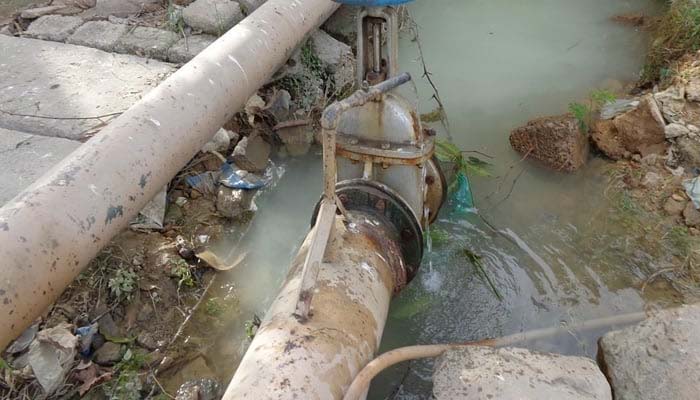In Mogalrajapuram, situated within Andhra Pradesh’s Vijayawada district, the demise of two individuals due to suspected water contamination has stirred concern. Additionally, approximately ten others have been admitted to hospitals exhibiting symptoms akin to diarrhoea.
The unfortunate fatalities occurred within the last forty-eight hours. Family members of the deceased have voiced suspicions regarding the quality of the drinking water, attributing it to the tragic outcome. Both victims sought medical assistance after experiencing episodes of vomiting and diarrhoea.
This isn’t the first instance of such tragedy in the region. Back in February, three individuals lost their lives, and over two hundred were hospitalized in Guntur, following the consumption of water believed to be tainted.
Residents of Vijayawada have long lamented about the compromised quality of their water supply, yet their grievances have fallen on deaf ears. Despite repeated complaints about discolored and foul-smelling tap water along Patamatvari Street in Mogalrajapuram, no meaningful steps have been taken to address the issue, particularly the replacement of deteriorated pipelines.
The government’s priorities have come under scrutiny, with many residents feeling neglected. Instead of prioritizing the improvement of basic amenities, the focus seems to be on installing water meters and subsequently hiking charges. Essential infrastructure projects like the Comprehensive Infrastructure Investment Plan (CIIP) have been sidelined by the current administration, a departure from the previous government’s approach.
A concerning statistic reveals that a significant portion of the drinking water pipelines across the state are damaged, with a substantial length in critical condition. Corrosion and perforations plague these pipelines, exacerbated by their proximity to sewage channels, thus heightening the risk of contamination. Despite the escalating cases of waterborne illnesses, the government’s response has been tepid, limited to makeshift measures.
Experts have underscored the multifaceted nature of the problem, attributing water contamination not only to corroded pipelines but also to the neglect of reservoir maintenance. The lack of regular cleaning of these reservoirs, which act as conduits for treated water, further exacerbates the issue. Proper maintenance, including biannual cleaning to prevent the accumulation of moss and sludge, is sorely lacking, despite periodic tender calls.
The onset of summer has compounded the situation, with dwindling water levels in rivers and depleting reservoirs exacerbating water scarcity in several cities. To mitigate the shortfall, untreated borewell water is being directly pumped into reservoirs and distributed without adequate treatment, posing significant health risks. This reckless practice is prevalent in Vijayawada and other districts such as Prakasam, Chittoor, Nellore, Kurnool, and Anantapur.
Residents of various municipalities have faced hardships during this period, relying on tanker supplies of untreated water. Borewell water, collected and distributed without proper treatment, has resulted in a surge of health-related issues among consumers.
In recent times, the surge in cases of vomiting and diarrhoea reported across Anantapur, Prakasam, Krishna, and Guntur districts has further underscored the urgency of addressing the systemic issues plaguing the water supply infrastructure.









